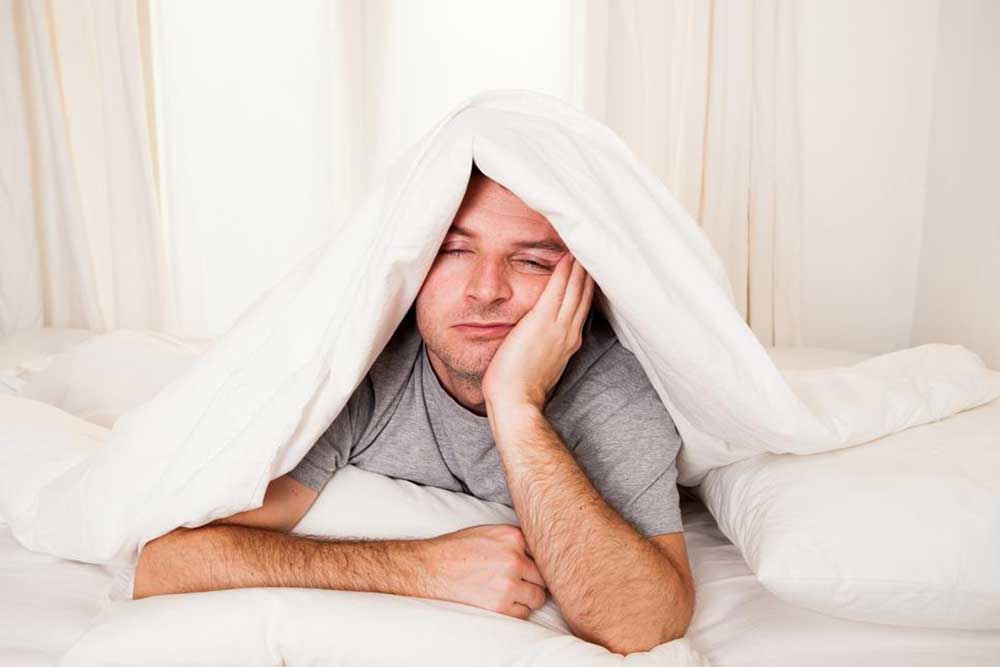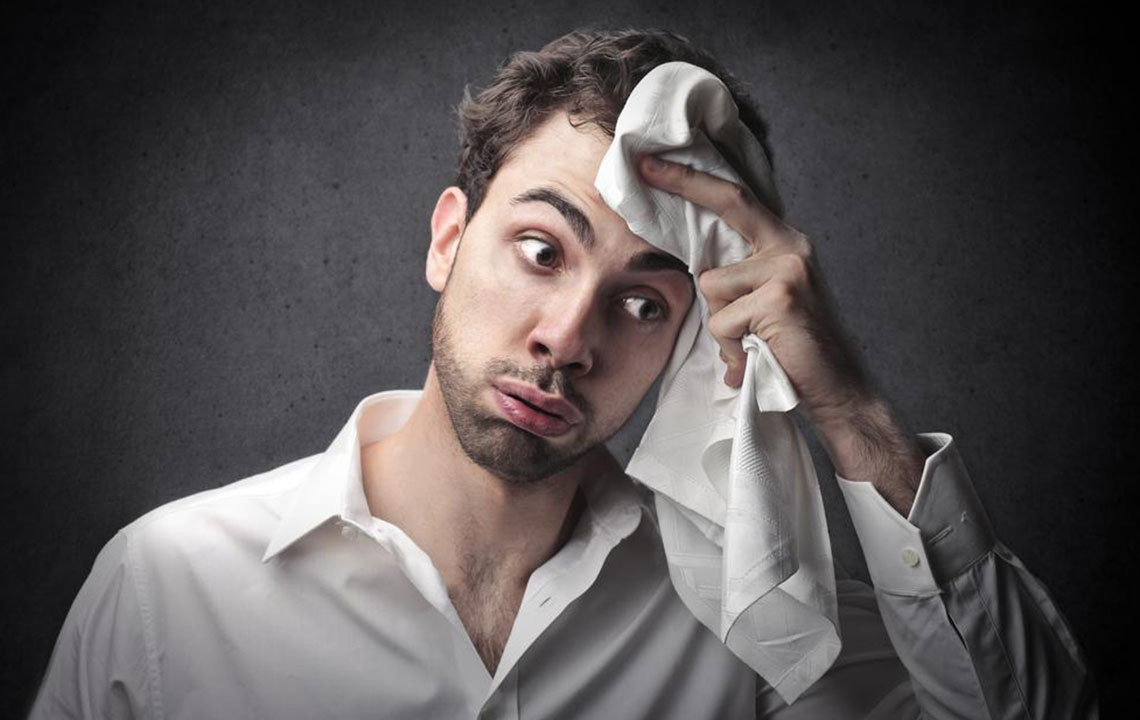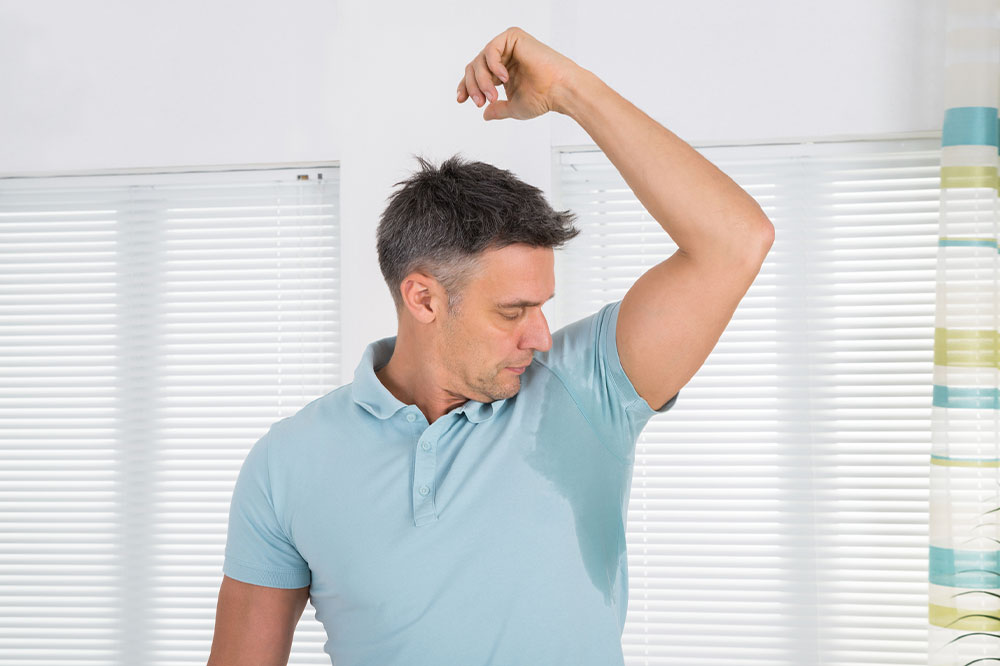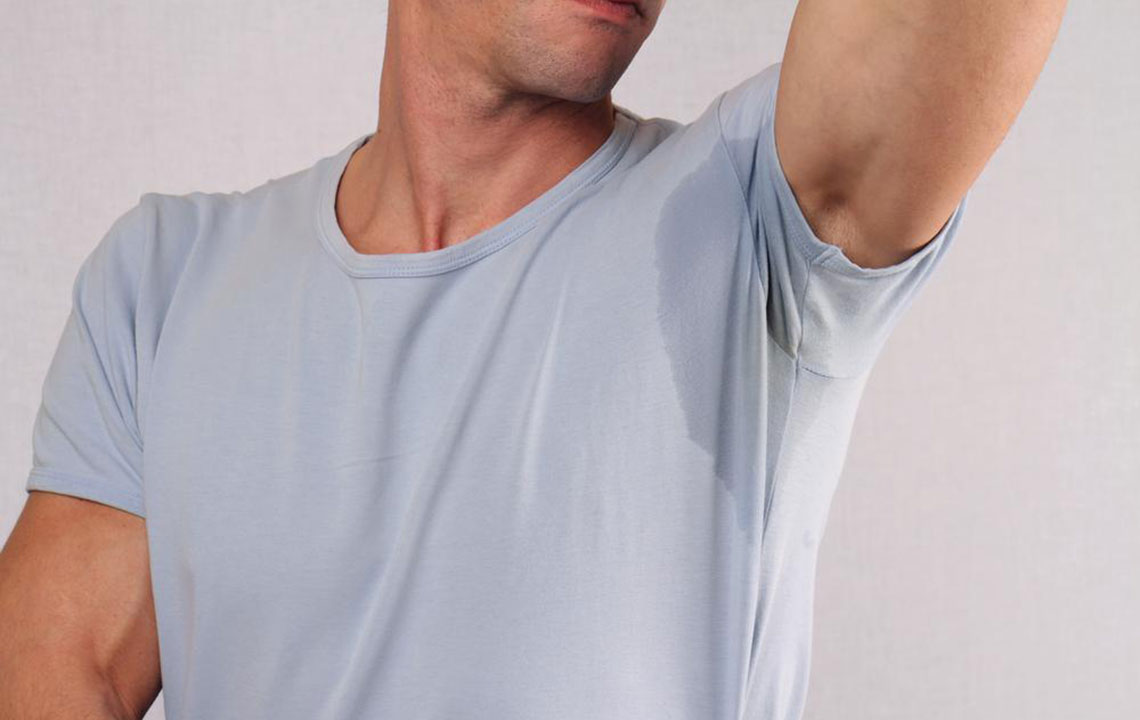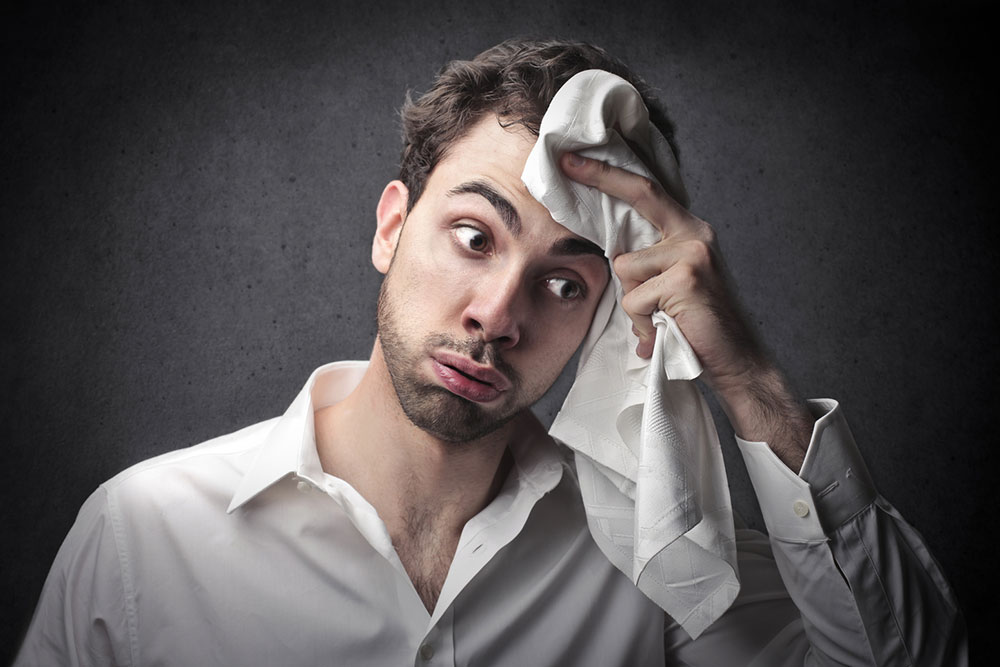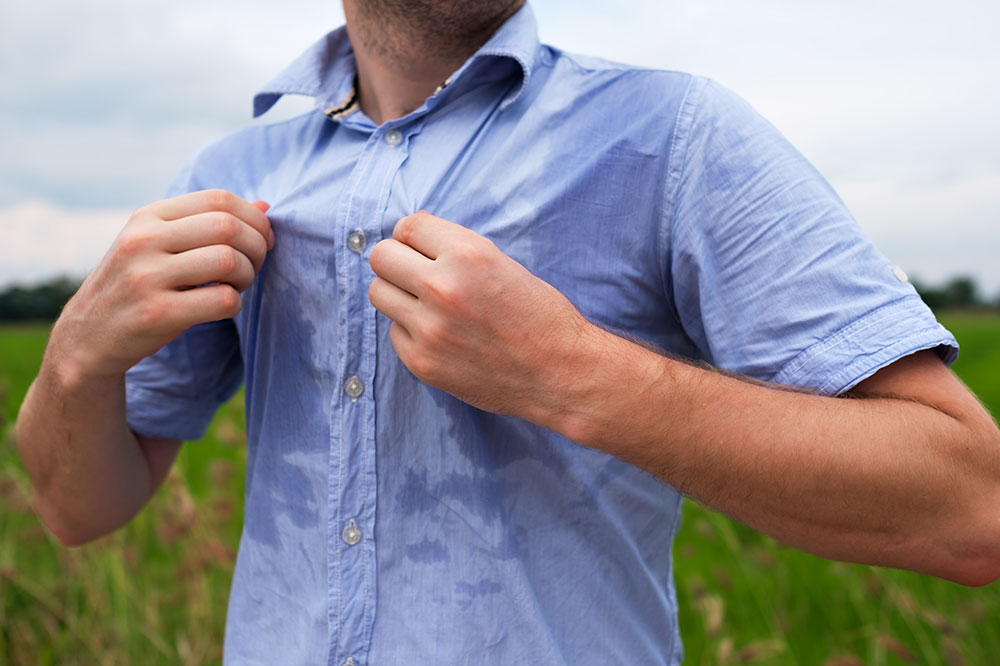Comprehensive Guide to the Main Causes of Night Sweats and Effective Management Strategies
Night sweats are often caused by internal health issues such as hormonal changes, medications, infections, or underlying diseases. Understanding these causes helps in managing symptoms effectively. This comprehensive guide details the top causes of night sweats and offers practical tips for relief. Recognizing symptoms early and seeking medical advice can improve quality of life and overall health. The article emphasizes lifestyle modifications and professional care strategies for effective management, ensuring better sleep quality and health outcomes.

Night sweats, also known as excessive sweating during sleep, are a common concern affecting many individuals worldwide. While environmental factors such as warm room temperature or heavy bedding can contribute, the underlying causes are often linked to internal health conditions. Recognizing and understanding these causes is essential for effective management and alleviation of symptoms. In this detailed guide, we explore the most prevalent reasons behind night sweats, their diagnosis, and practical strategies to control and minimize their impact on daily life.
Understanding Night Sweats: What Are They?
Night sweats are episodes of excessive sweating that occur during sleep, capable of soaking sheets and clothing. They are different from usual perspiration caused by warm environments or physical activity. The key characteristic is that the sweating occurs independently of external temperature and bedding, pointing to internal health issues that require attention.
The Top 5 Causes of Night Sweats
Menopause and Hormonal Fluctuations
One of the most common causes of night sweats in women is menopause. During this phase, declining estrogen levels cause hormonal imbalances that lead to hot flashes and night sweats. Women may wake up drenched in sweat, often accompanied by sleep disturbances, mood swings, and anxiety. To alleviate discomfort, it's advisable to keep the bedroom cool, wear breathable clothing, and practice relaxation techniques such as deep breathing or meditation. Hormone replacement therapy (HRT) may also be considered after consulting a healthcare professional.
Medication-Induced Night Sweats
Several medications can trigger night sweats as a side effect. These include antidepressants, certain antipsychotics, and medications used to lower blood sugar or control blood pressure. If you notice increased sweating after starting a new medication, consult your doctor. They may adjust the dosage or recommend alternative treatments to reduce this uncomfortable side effect. It is important not to stop any medication abruptly without medical advice.
Cancer and Its Treatments
Cancer, particularly lymphomas and leukemia, can cause persistent night sweats. These are often linked to the body's immune response or as side effects of treatments like chemotherapy or radiation. If night sweats are accompanied by unexplained weight loss, fever, fatigue, or swelling, seek medical evaluation promptly. Early detection and treatment are crucial for better outcomes.
Infections Causing Night Sweats
Infections such as tuberculosis, bacterial infections, and HIV/AIDS can cause recurrent night sweats. These symptoms may indicate serious health issues requiring comprehensive testing and treatment. For example, tuberculosis often presents with night sweats, fever, and weight loss. Detecting and treating the underlying infection can help resolve night sweats and improve overall health.
Idiopathic Hyperhidrosis
In some cases, excessive sweating occurs without an identifiable cause, known as idiopathic hyperhidrosis. This chronic condition can significantly impact quality of life, leading to emotional distress and social embarrassment. Good hygiene practices, use of antiperspirants, and medical interventions such as Botox injections or medications can help manage symptoms effectively. Consulting a healthcare professional specializing in hyperhidrosis can provide personalized treatment options.
Additional Factors Contributing to Night Sweats
Besides the main causes listed above, other factors such as stress, anxiety, obesity, and sleep disorders may also contribute to night sweats. Lifestyle modifications, stress management techniques, and weight control can reduce the severity of symptoms. Ensuring a cool, comfortable sleeping environment and avoiding spicy foods or alcohol before bedtime can also be beneficial.
Practical Tips for Managing Night Sweats
Maintain a cool bedroom environment using air conditioning or fans.
Wear lightweight, moisture-wicking sleepwear made of breathable fabrics like cotton or bamboo.
Avoid heavy or layered bedding that traps heat.
Practice relaxation techniques such as meditation, yoga, or deep breathing exercises before bedtime.
Keep a consistent sleep schedule to improve sleep quality and reduce stress.
Stay hydrated but avoid caffeine and alcohol close to bedtime, which can trigger sweating episodes.
Discuss persistent or severe night sweats with your healthcare provider for proper diagnosis and tailored treatment options.
When to Seek Medical Advice
If night sweats are frequent, severe, or accompanied by other symptoms such as fever, unexplained weight loss, chest pain, or persistent fatigue, it is essential to seek medical attention promptly. These may be signs of underlying health issues that require diagnosis and management. Early intervention can significantly improve outcomes and quality of life.
Conclusion
Night sweats can be caused by a variety of internal health conditions or external factors. Understanding the underlying causes is crucial for effective management and improving your overall well-being. Whether it's hormonal changes, medication side effects, infections, or other health issues, each requires tailored treatment approaches. Consulting a healthcare professional for proper diagnosis and personalized solutions is the best course of action. Through lifestyle adjustments, medical interventions, and proactive health management, you can reduce the frequency and severity of night sweats and enjoy restful, comfortable sleep.
